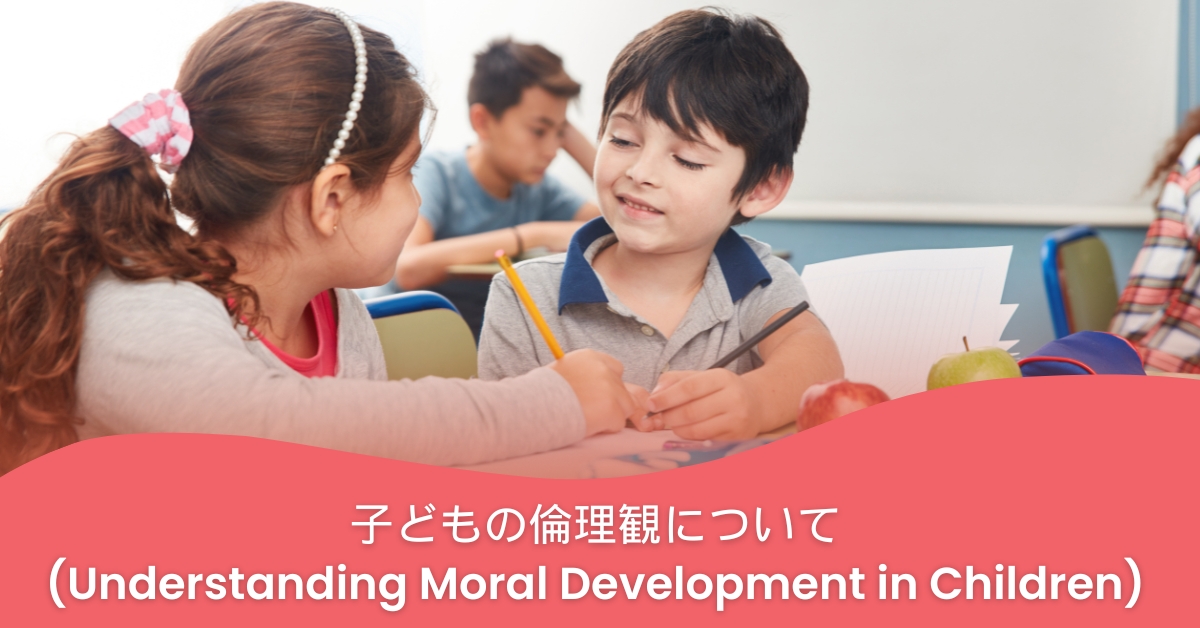
こんにちは。私は日本からインドに赴任してきた保育士です。
本日は、子どもの倫理観や道徳観についてお話したいと思います。
日本では、日常生活の中で倫理観や道徳観を育むことを大事にしています。
子どもは友だち同士の関わり合いから多くのことを学びます。
子どもは、自分がしたこと、されたこと、それによってどのような気持ちになったか、これから自分はどうしていくべきなのか、など多くのことを学びます。
子どもたちの友達関係について大人はとても心配しますが、子どもたちは友達との関わりを通して多くのことを学んでおり、これは、今後社会性のある大人に成長するために欠かせないことであるとの理解が必要です。
私は日本の保育士として、このような考え方をインドにも伝えていきたいと思っています。
善悪の区別や、挨拶、「ありがとう」「ごめんなさい」を言うことなどは、周りの大人が一方的に押しつけてしまうこともあります。
子どもたちに礼儀や善悪を教えることはとても大切ですが、最終的には子どもが自分で選んで行動できるようにしてあげたいものです。
子どもたちは、疑問を持ったり、ときには失敗したり、友だちと衝突したり、対話を重ねたりすることで成長していきます。こうした経験を通して、信念をもち、誠実に行動できる大人へと育っていくのです。
Moral education in Japan aims to develop inner morality and encourage better behavior towards other people. Specifically, we place an emphasis on politeness, consideration, gratitude, a sense of responsibility, and a public-spirited mind.
We aim to foster moral character through concrete experiences such as cleaning, school lunch duty, and staff activities. These activities are important in fostering a spirit of cooperation, responsibility, and service.
We believe that this will develop a high standard of ethics in children.
Even in early childhood, children develop their own sense of ethics — for example, understanding the difference between right and wrong, knowing they shouldn’t tell lies, or feeling the importance of apologizing sincerely when they want to make up with someone. One of the most important ways is everyday interactions with friends, which often serve as opportunities for children to begin forming their own beliefs.
In addition, pretend play and reading picture books aloud help foster a variety of values through the interactions between characters.
As a Japanese teacher, I am passionate about bringing this way of thinking from Japan to India.
I think it’s important to recognize that concepts like principles, morality, and ethics are sometimes imposed by adults. However, it is essential that children discover their own beliefs in their own way. Children engage in inquiry-based, self-directed learning activities where they make mistakes, face conflicts with friends, and have meaningful dialogues. These experiences help them grow into individuals who are principled and act with integrity.






